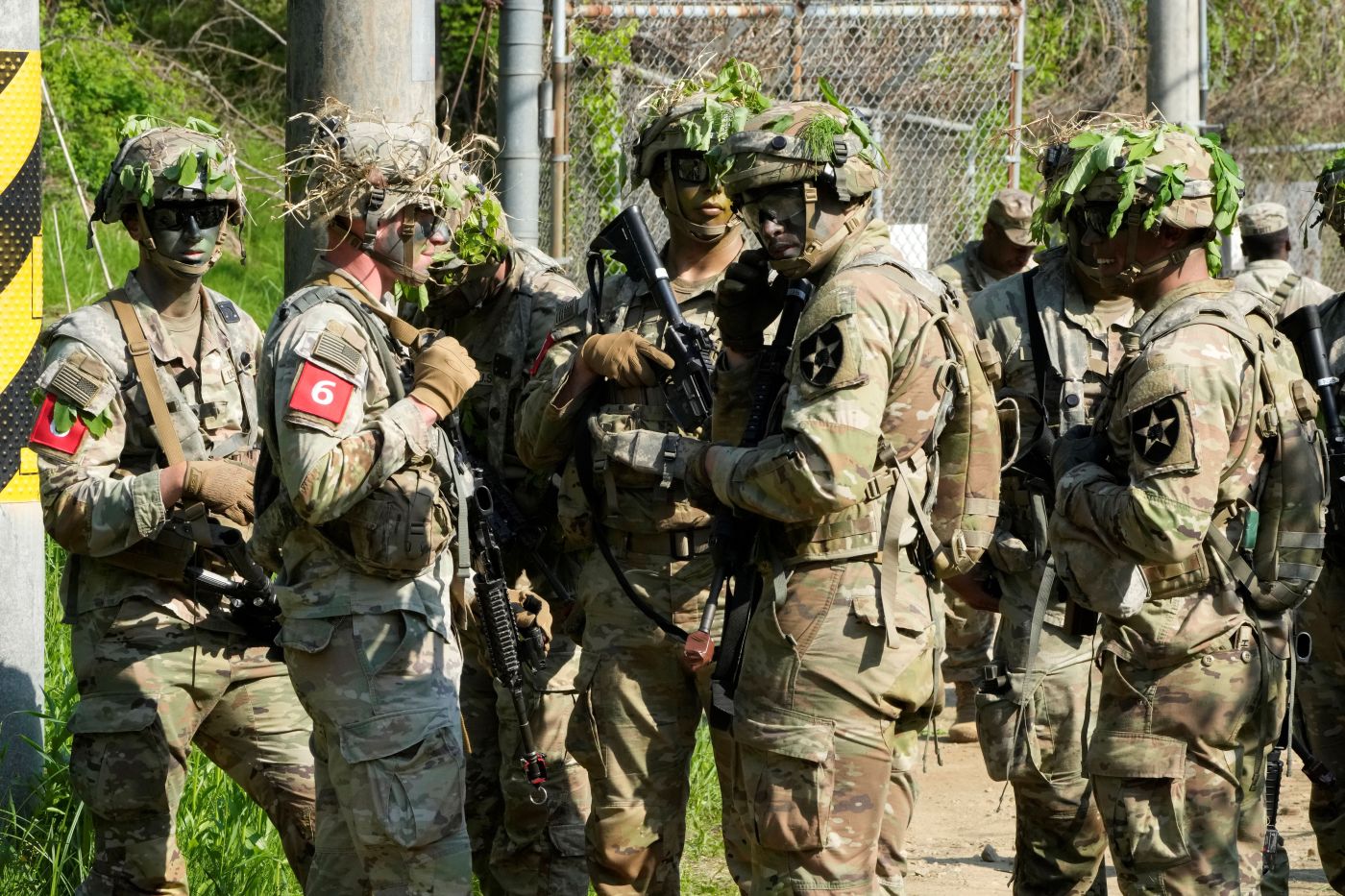
Fitzpatrick: Military must go back to basics
The U.S. armed forces exist to deter aggression and, failing that, to destroy the aggressor’s ability to wage war. The military must be a cohesive team of lethally competent warriors loyal to one another, their service branch and their nation.
We have strayed from those truths in recent years, and the Department of Defense needs reform. Although the armed services recruited 12.5% more people in 2024 than in 2023, a significant recruitment crisis still needs to be addressed, as well as a retention problem.
There are three areas the next secretary of defense should focus on to restore a healthy interest in military service — culture, operational competence and the depoliticization of the military.
First, what should be a warrior culture at Defense has strayed to one obsessed over diversity, equity and inclusion. This is evidenced most famously by Joint Chiefs of Staff Chairman C.Q. Brown’s 2022 memorandum that outlined specific demographic quotas for officer applicants. When asked for communications and documents surrounding this memorandum, the Air Force provided a slideshow that outlined its goal to “achieve” a reduced number of white males in its ROTC program.
The Defense Department has repeated that diversity is the American military’s greatest strength. It would follow that more DEI hiring would make the military stronger. Yet, a DEI hiring freeze was recently implemented. The military is best served when its members are selected and promoted based on merit.
Second, operational competence needs to improve. Over the last four years, we have seen several examples of a lack of operational professionalism, including the disastrous U.S. withdrawal from Afghanistan that resulted in the deaths of 13 U.S. servicemembers and the abandonment to the Taliban of millions of dollars in arms and equipment.
While American troops were risking and giving their lives attempting to ensure a safe withdrawal, top Pentagon officials were working to get the secretary of defense to sign a climate change initiative.
Competence begins at the top. So, when Secretary of Defense Lloyd Austin failed to inform the chain of command he was undergoing a major medical procedure, it sent a troubling message to personnel.
Third, the military should not be involved in politics. Servicemembers come in all political stripes. Republicans, Democrats, independents and others are spurred by patriotism and share a common goal — defeating the enemy and protecting America and its allies.
At Fort Liberty in North Carolina, a brief for the training of gate guards labeled pro-life and anti-abortion Americans as terrorists. At Minot Air Force base, airmen received texts from their chain of command warning them not to attend an event espousing political viewpoints. The airmen were warned that attending “could jeopardize their continued service in the U.S. military.”
If servicemembers cannot freely express their political views without fear of retribution, what are they fighting to protect?
Other aspects of the military need reform, but few would yield greater results in transforming it into a mission-focused, merit-based agency.
James Fitzpatrick is the director of the Center to Advance Security in America/InsideSources

